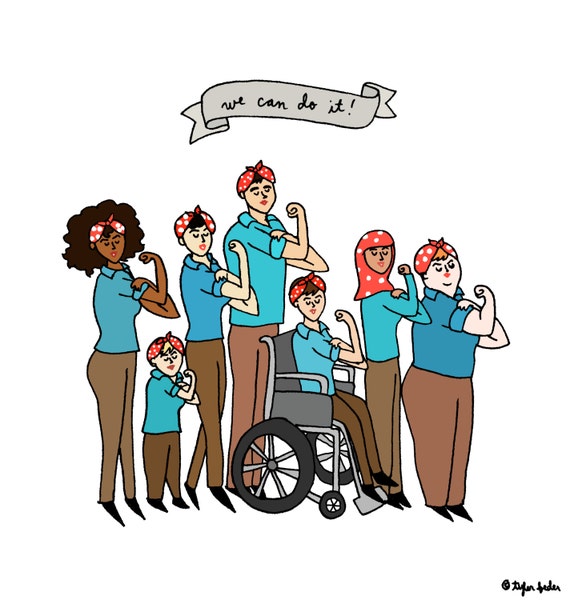I really enjoyed "Emergence of Queer Vietnamese America" by Gina Masequesmay because acknowledging the importance of the intersection of various social identities cannot be stressed enough. Even the histories of certain marginalized groups can ignore other histories that need to be told, like how queer Asian Americans are still largely invisible in our society today.
Something clicked when Masequesmay said, 'what feminists have argued as gendered processes in society are specifically “heterogendered” processes.' We should all be fighting against the patriarchy, but I also need to be cognizant of the fact that some women just don't experience certain "patriarchal pressures" and have their own unique experiences as well.
 |
| Cute intersectionality print I found on etsy by roaringsoftly |
This is why we need intersectionality and why groups like Ô-Môi are being created. White mainstream organizations are often not safe or open spaces for people of color or queer people; and moreover, members of groups such as Ô-Môi have specific and unique needs and challenges that broader groups cannot properly address.
How can all these various organizations connect and interact with one another? How do we create more intersectionality in the white mainstream? How can we make sure that everyone's history gets told?
Felicia Peng
Section A01
No comments:
Post a Comment